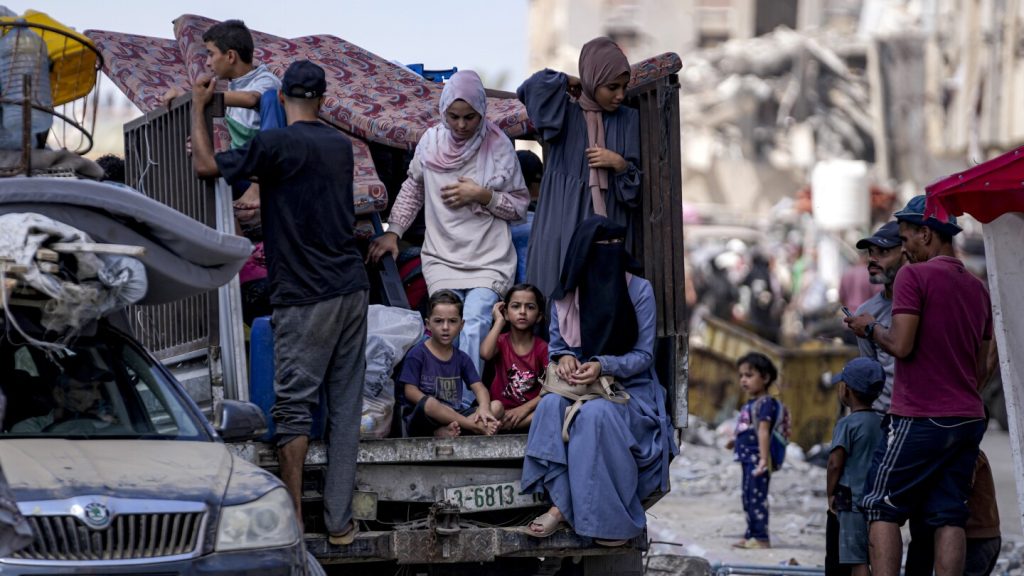International mediators held talks in Doha, Qatar, on Thursday aimed at halting the Israel-Hamas war and securing the release of scores of hostages. The United States, Qatar, and Egypt met with an Israeli delegation as the Palestinian death toll from the more than 10-month-old war climbed past 40,000. The talks are seen as the best hope for preventing a larger regional conflict. Hamas accuses Israel of adding new demands to a previous proposal that had international support, leading to disagreements between the two sides.
A cease-fire in Gaza would not only calm tensions in the region but also potentially dissuade Iran and Lebanon’s Hezbollah from retaliation for recent incidents, including the killing of a top Hezbollah commander in an Israeli airstrike in Beirut. The mediators have been working on a three-phase plan in which Hamas would release hostages captured in October, triggering the war. The plan also includes a lasting cease-fire, Israeli forces’ withdrawal from Gaza, and the release of Palestinian prisoners.
There have been ongoing disagreements between Hamas and Israel over the terms of the cease-fire agreement. Hamas rejected Israel’s demands for a lasting military presence along the border with Egypt and the search of returning Palestinians for militants. Israel, on the other hand, has raised concerns about the effectiveness of the cease-fire and the release of all hostages. Both sides have accused each other of making new demands that are difficult to accept, prolonging the negotiations.
The most challenging aspect of the agreement involves transitioning from releasing vulnerable hostages in the first phase to releasing captive Israeli soldiers in the second phase. Hamas is concerned that Israel will resume the war after the initial releases, while Israel fears that Hamas will prolong the negotiations indefinitely. Despite agreeing in principle to President Joe Biden’s proposal in May, both sides have proposed amendments and clarifications, creating further obstacles to reaching a final agreement.
The conflict between Hamas and Israel began when Hamas-led militants attacked across the border in October, resulting in the deaths of civilians and the abduction of hundreds of people. The retaliatory offensive by Israel has led to significant casualties among Palestinians and massive destruction across the Gaza territory. The ongoing war has displaced a large portion of Gaza’s population, leading to dire humanitarian conditions and food shortages. The international community is closely watching the negotiations in Doha as they offer hope for resolving the conflict and averting a larger regional crisis.
As mediation efforts continue, violence persists in the occupied West Bank, with reports of clashes between Israeli settlers and Palestinians. The situation remains tense across the region, with fears of further escalation and retaliation. While there are hopes for a cease-fire in Gaza to provide a pathway to peace, ongoing violence and unrest require urgent attention and diplomatic efforts. The international community, led by the United States and other mediators, plays a crucial role in facilitating dialogue and finding a resolution to the protracted conflict between Israel and Hamas.


